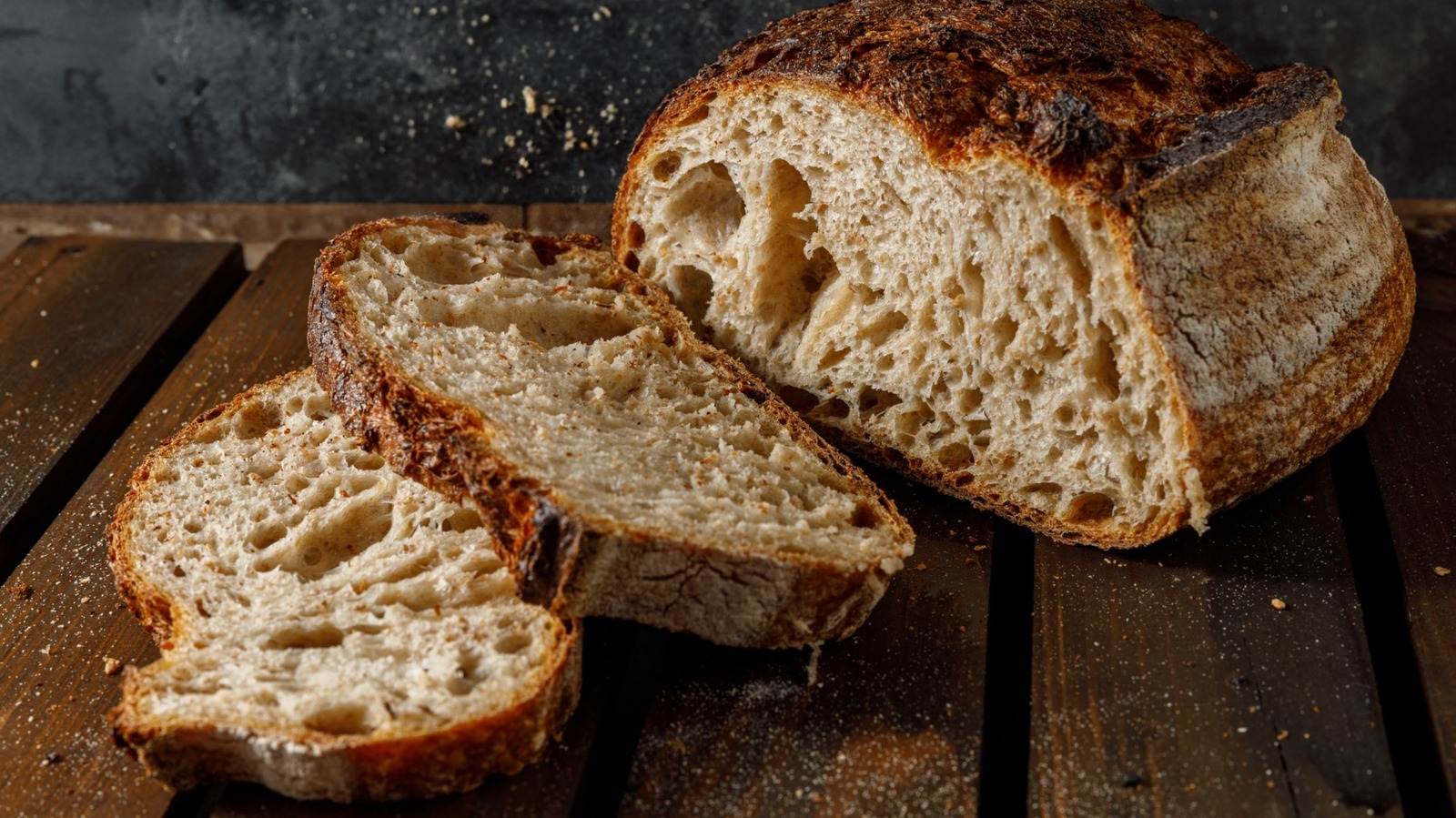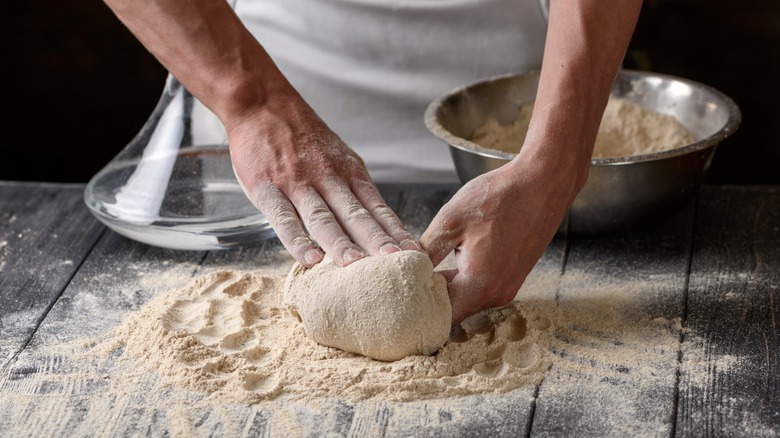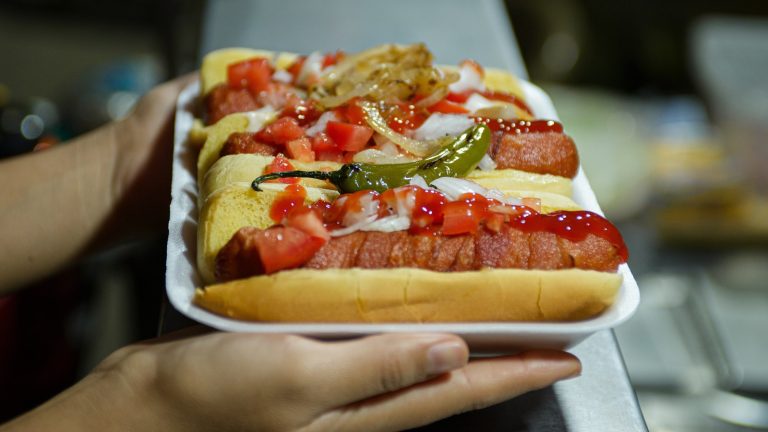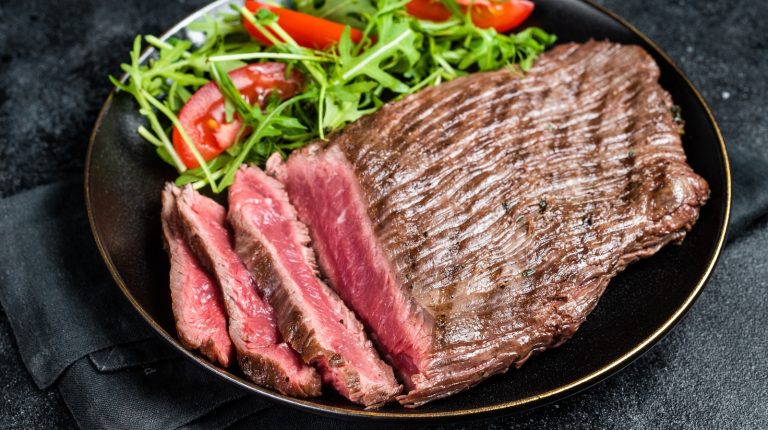Bread baking is notoriously difficult for a reason. Contestants on “The Great British Baking Show” make a fuss over Bread Week, too, even if we can learn lessons from them. It isn’t that making bread itself is so difficult, but rather that there are so many areas where mistakes can happen. From kneading the dough enough to develop gluten to allowing the bread enough time to rest for the best texture, there are tons of things to consider when making bread. Fortunately, Nathan Myhrvold, founder of Modernist Cuisine and co-author of “Modernist Bread at Home,” shares three tips for beginner breadmakers. According to Myhrvold, the best tips for beginners include weighing their ingredients, planning ahead, and lots of bread-baking practice.
Weighing ingredients is important because volume measurements are not always accurate. “My team and I personally prefer weight measurements because they are exact and will yield more consistent results than using cups and measuring spoons,” he said. Allowing enough time for the yeast to ferment in the bread dough also requires planning ahead because the speed of fermentation can vary based on environmental factors. Lastly, practice does improve your baking. “Sometimes, despite a baker’s most careful measurements and diligent attention to detail, a recipe will still go awry,” Myhrvold said. Of course, it doesn’t hurt to start simple. Myhrvold recommends trying breads baked in pans or tins first. This is also the type of bread Paul Hollywood deems most beginner-friendly.
How to put these bread-making tips to use
To use weight measurements, you’ll need a digital scale for accuracy, which is easy to find in many grocery stores, retail stores like Target, or online. This one by Amazon Basics is a good, affordable option. If you bake often enough, Nathan Myhrvold explains why you might want to consider buying two digital scales for your weight measurements. “One would be your general-purpose scale, good for measuring weights from 1 gram to 1 kilogram or more. The second scale would be a precision scale for finer measurements, accurately weighing items down to 0.01 gram. Such scales often max out at 100 grams or so,” he says.
Myhrvold’s second tip, planning ahead, has everything to do with ensuring the bread dough has enough time for the yeast to ferment and fully develop. If the yeast doesn’t have time to become active and create gas bubbles inside the dough, the bread won’t rise properly. “Home baking isn’t very time-consuming in terms of hands-on time, but some breads will take hours to ferment,” he explains. Finally, practice. “Practice is often the only path to making great bread; it can take time for beginners to master steps like shaping a loaf or determining when it is properly proofed,” Myhrvold says. And in the meantime, use Tasting Table’s 13 ways to make homemade bread better.





